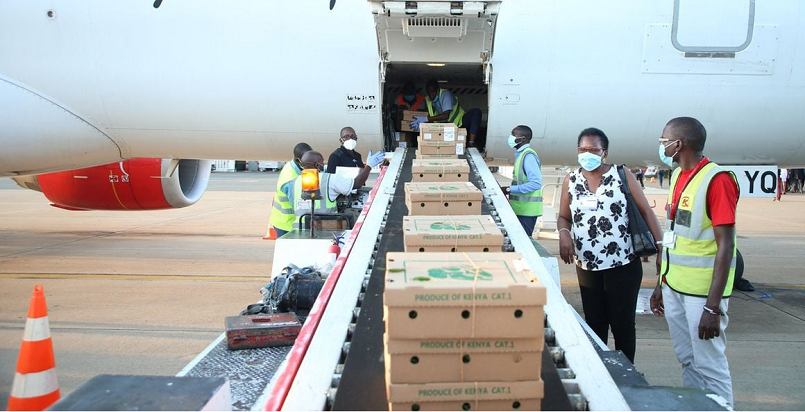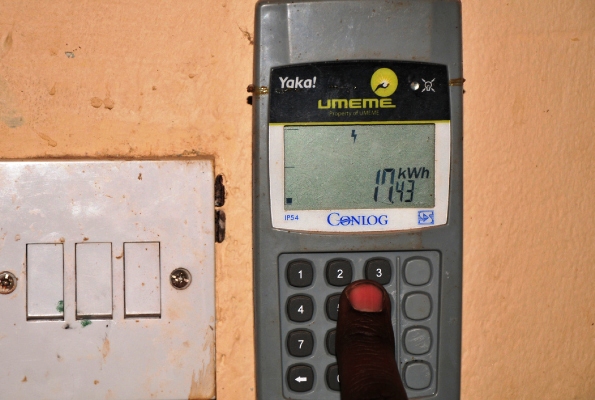Traders dealing in food stuffs in the different markets of Kampala, have attributed high food prices to supply deficits brought about by a number of reasons.
Prices of the most cherished food stuff have risen up to 25%. However, the traders say this is not about the Christmas celebrations rather due to the deficit in supplies caused increased fuel prices which have impacted on the transport fares, change in farming season, farmers’ decision to increase prices among others.
Many of the traders URN talked to mainly identified increased fuel prices which have consequently hiked transport costs from the farms to the market and the change in farming seasons as the major factors causing the shortage in supply of a number of items hence increased prices.
Fred Baamu an onion dealer mentioned that the season of cheap onions that were being imported from Tanzania has “dried up” so the market started relying on the Ugandan product which comes from Mbale. He adds that competition with the Kenyans on the same meager yield is also part of the cause.
“Supply was more constrained because other parts of the country like Kabaale which produce onions, had very low yields, making Mbale the sole supplier in this season,” Baamu affirms.
Annet Nazziwa who deals in tomatoes, says many gardens were destroyed by the rains in the previous season, while other farmers abandoned their farms due to pests in the market yet fumigation was expensive, making no sense to continue investing in something they knew was not profitable at a time.
Yet Twaha Katongole, who deals in bananas, attributes the price increase to the biting poverty farmers who hiked the prices hoping to maximizing income especially in this period so as to solve their multiple needs.
Twaha also mentioned that the high transport fares as a consequence of the increased fuel prices. For example, a bunch from Mbarara to Kampala was transported at 1,500 to 2,000 shillings, but now it takes 3,500 to 4,000 to transport.
Additionally, Rita Namagembe who also sells matooke, identified the heavy rainy seasons which destroyed many of the plantations besides hampering movement by making the roads in those areas impassable.
Those dealing in poultry and animal products especifically beef, also have their stories, but they are not far from increased transport fares and poor roads.
Ayubu Mugabi who deals in beef, highlighted that the poor state of roads where the animals are got from, as a key factor responsible for the increase in prices, because they are so impassable that out of the five tracks that go to bring cattle, only two return safely.
Abdu Basamula a chicken dealer in St Balikuddembe market, mentions that due to the restricted movement due to curfew, buses travel during during day and the heat affects the chicken, hence death in transit from Lira, the biggest supply hub.
In the markets of St Balikuddembe, Nakasero, Nakawa and Kaleerwe, a bunch of bananas (matooke) rose from between 18,000-30,000 to 25,000-40,000 shillings, depending on the size, and a kilogram of onions from 2,000 to 3,000, while 1kg of chicken is at 18,000 from 13,000 shillings.
Whereas one tomato of the smallest size costs 200 shillings up from 100, a kilogram of rice, the lowest grade rose from 2,800 to 3,000 and beef in all markets sells for between 13,000 to 14,000 shillings.
–URN





